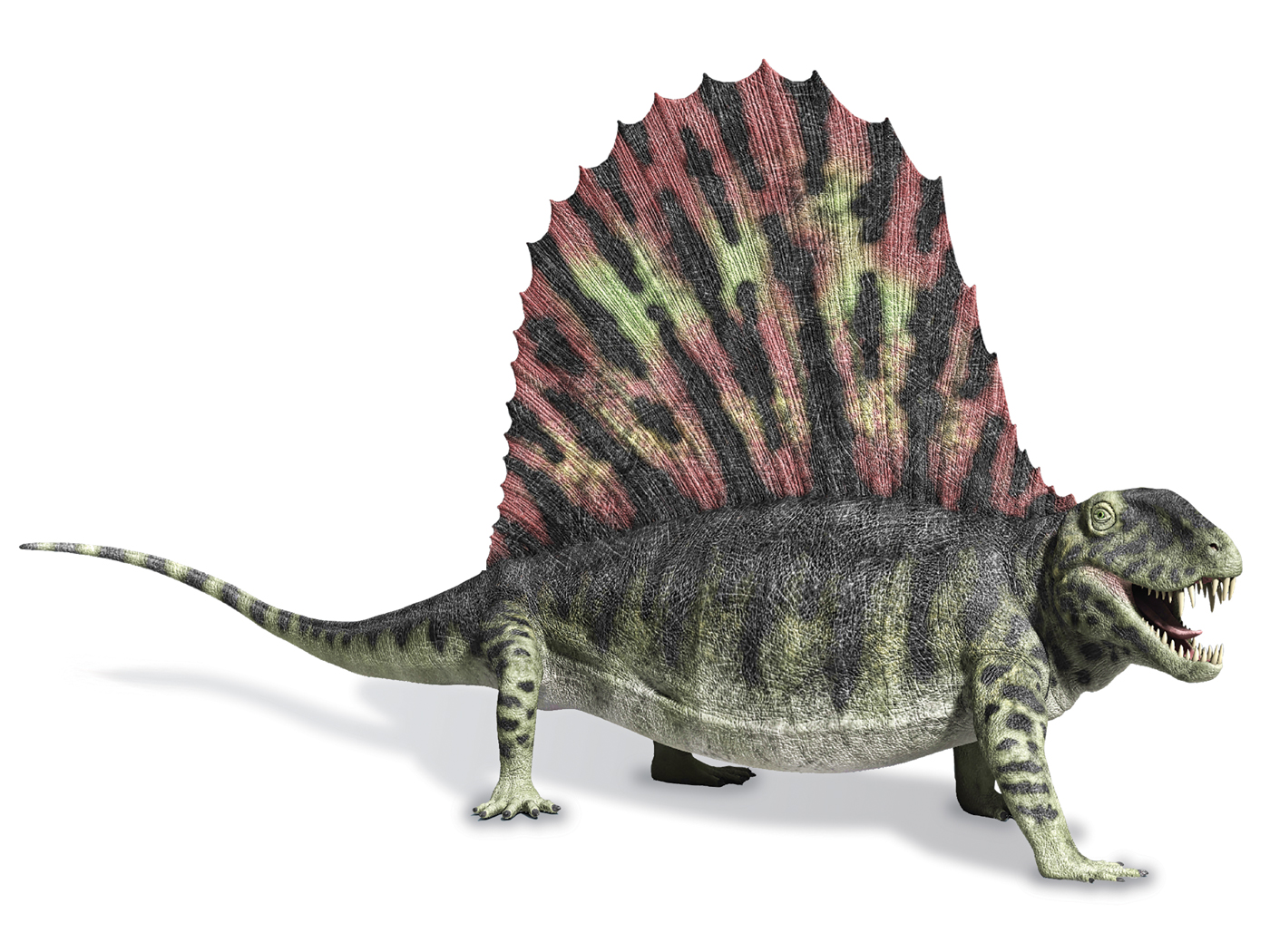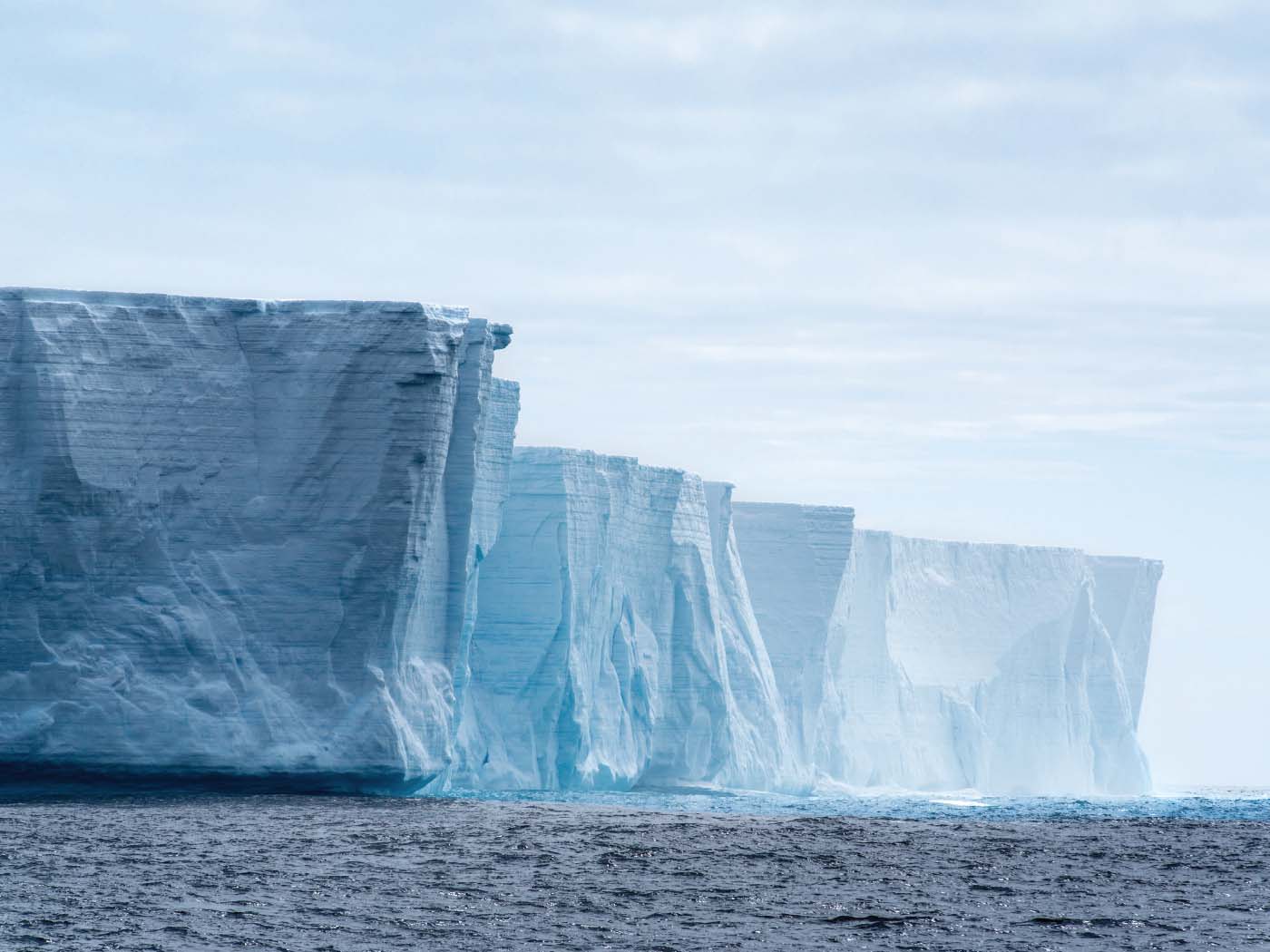According to the Bible, the world before Noah’s Flood, including the oceans, must have been idyllic. That was destroyed by the year-long global deluge, during which the earth’s land mass broke into continents, massive amounts of sediment were deposited and then partially eroded, and new and perhaps deeper oceans became more salty from continental runoff. If this historical picture is accurate, then at least one area of confusion needs to be addressed: How did “saltwater fish” live through all that?
Actually, many fish and other marine creatures did not. They became extinct, as myriad fossils now attest.1 Those that survived must have had inherent abilities to quickly adapt to rapid changes in salt concentration, among other factors. Millennia have elapsed since the flood, and since genetic robustness diminishes with time, it is likely that many fish that today have narrow salinity tolerances came from ancestors that had broader potential in that area. Some marine fish, delicacies in seafood restaurants, seem to have retained their wide range of salt tolerance even to this day and are able to live in not-so-salty water.
The United States Department of Agriculture has been conducting research to enable populations of saltwater pompano and cobia—also known as black kingfish or black salmon—to thrive inland in fresher waters.2 Remarkably, pompano have been raised successfully in water with five parts salt per thousand, quite a bit less than the ocean’s ever-increasing salt concentration of 35 parts per thousand.3
The ability of pompano to adapt to such a different salinity so quickly—being modern products of thousands of pompano generations that lived exclusively in salty seas—shows a fraction of the biological flexibility that many fish at the time of the Flood must have had. This flexibility allowed those fish and other sea creatures to survive the cataclysm and to adapt to new environments after the Flood.
References
- Cumming, K. B. 1991. How Could Fish Survive the Genesis Flood? Acts & Facts. 20 (12).
- Growing Premium Seafood—Inland! United States Department of Agriculture press release, February 2009.
- See evidence #5 in: Humphries, D. R. 2005. Evidence for a Young World. Acts & Facts. 34: 5.
* Mr. Thomas is Science Writer.
Article posted on March 9, 2009.











